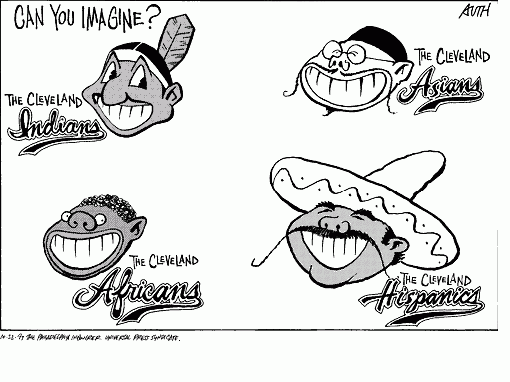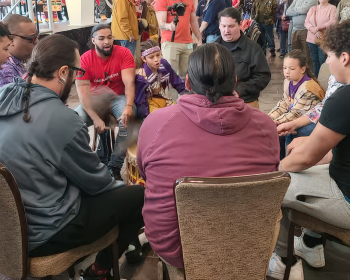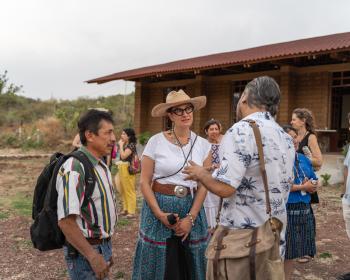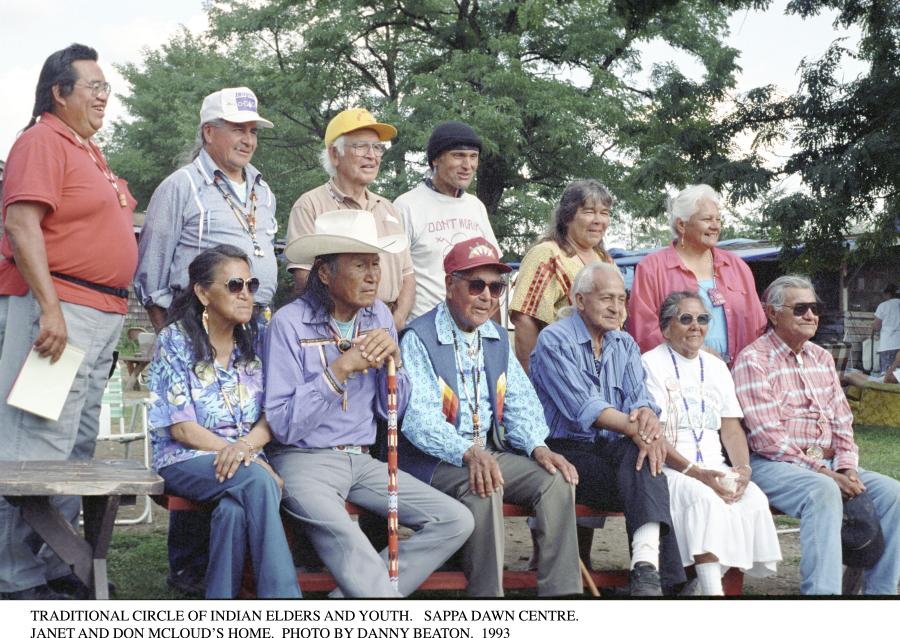
Myth: Native American mascots honor Native Peoples.
Reality: Native American mascots are racist, filled with stereotypical depictions of Native Peoples.
Why is it racist?
Mascots based on stereotypical ideas of Native peoples breed cultural insensitivity and misunderstanding about Native American people. Basing a team mascot on a Native icon or image is tantamount to hijacking the image. The term cultural appropriation has been used to describe taking an aspect from one culture and using it outside its normal context, usually in popular culture. Many examples of this can be found in sports culture, which has been imbued with Native imagery of the “Indian warrior”. Icons such as war paint, headdresses, feathers, tomahawks, and tribal dances have been used by sports mascots, creating a stereotypical image of your typical Native American. Additionally, racial terms have been used by many professional sports teams.
What is being done?
There has been a recent surge on social media in changing these demeaning team mascots, with change happening across the nation, from Washington to Massachusetts. Suzan Harjo, a member of the Cheyenne and Hodulgee Muscogee Nations and advocate for change, has noted that two-thirds of the team names with Native American references have changed since 1970. Around this time, colleges and universities such as Stanford University and Dartmouth College were the first to change. Since then, civil action has resulted in the successful removal of racist Native team names and mascots across the country. Unfortunately, there are still over 1,000 racist team mascots waiting to be changed.
What can I do?
If racist mascots still exist in your area, arm yourself with knowledge and try to petition to change the local team name and/or mascot.
It is important to learn relevant background information before attempting to move forward. You must be prepared to explain to those who do understand why exactly Native American mascots are racist and should be changed. You should also be knowledgeable regarding the context of Native American tribes in your area. Are Indigenous Peoples still living in the region? What was the political situation before colonization?
Mobilize your friends and family
Explain to anyone who will listen what you are planning to do, and how they can help you. Having a support base is vital for any civic action. Friends, family, and teachers can help by spreading to word and sharing their ideas.
Begin a letter-writing campaign
Write to influential people in your town or state (see example of a letter). Some people might include the school athletic director, the school principal, school committee members, town selectmen, the town mayor, a state senator, a state representative, or the governor. Get letters of support from people and organizations of influence that support your position.
Go to public meetings
Attend public meetings such as school committee meetings and voice your concerns. Bringing your plan before local officials is a central step in realizing your goal. This begins to official process of consideration to change your local mascot from a racist depiction to something more culturally appropriate.
Contact local newspapers, radio and TV stations
Speak out against the use of Native mascots and raise the issue on multiple media outlets. This helps the message reach a wider audience and helps get the conversation started.
Search for allies
Native American advocacy groups and many Native American tribes have already raised this particular issue—perhaps even in your town. Searching for such groups can help build a coalition to fight racist mascots. Some examples of such groups include Change the Mascot (launched by the Oneida Nation), the New England Anti-Mascot Coalition, and the Indian Mascot and Logo Task Force.
Start a petition
Petitions are powerful because there is strength in numbers. Having a petition can help show that there are many other people on your side. Petitions can be in paper format or on online, using platforms like change.org, causes.org, or avaaz.org. Many petitions relating to this issue can be found online.
Spread the word online
Raising awareness via social media is helpful to getting the word out and starting a conversation. Start a social media page and get your friends to join! In this day in age, online communication is one of the fastest and most effective ways to spread your message. Successful examples of schools that changed their mascots can also be found online.
Be prepared for resistance
Even after you explain your position, people do not always want to change a mascot that they may be used to and even proud of. Be prepared to be patient but firm in your resolve to change racist team mascots.
Do not be ignored!
Resources and Links:
http://www.changethemascot.org/
http://www.aistm.org/1indexpage.htm



